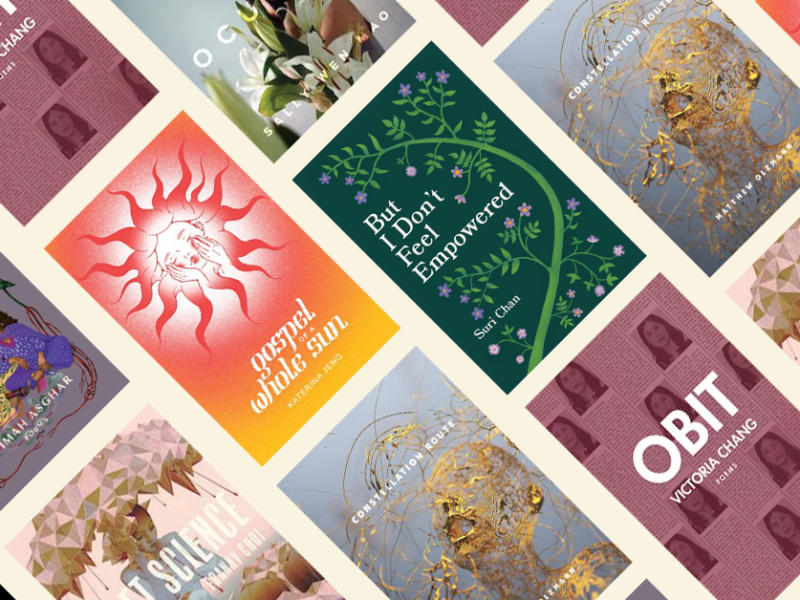Feeling Down? Write an Ode to Recalibrate
Has your heart felt heavy lately? Have you been left feeling down and discouraged with no idea how to write your way through what you’re experiencing? Writing an ode can be a great way to begin navigating complex emotional terrain. Consider using this poetic form as a tool to help you recalibrate.
As a refresher, an ode is a lyrical poem of varying lengths that typically focuses on an intense feeling for a person, place, or thing. Odes are usually divided into three stanzas: the strophe, the antistrophe, and the epode. While rhyme and meter can vary between stanzas, each stanza is meant to create a rise and flow of emotion in the piece while still maintaining cohesion through its chosen structure.
The three main types of odes are the Pindaric Ode, The Horatian Ode, and the Irregular Ode.
Think of Pindaric odes as more performance-based. They were originally meant to be sung or danced to and tended to describe celebrations or events, like the Greek Classical games. In a Pindaric ode, the epistrophe and antistrophe tend to be in harmony with one another, while the epode can vary in structure and length.
The Horation ode focuses more on everyday feelings and experiences. It is more contemplative and reflective in nature. The structure of this ode is typically pretty uniform across stanzas.
The Irregular ode maintains the passion and heart of an ode while loosening its grip on a set structure or rhyme scheme. It frees the writer up to experiment with different styles and strategies while conveying the tone of an ode.
The type of ode you choose is entirely up to you, but as you think of a topic, remember: odes can explore positive or negative emotions. They can praise or lament a situation. The heart of an ode is in the emotion and sincerity of the words. Use yours to explore one aspect of a feeling or experience, and pour your heart into it.
To begin, think of something or someone you have been feeling really passionate about lately. What kind of feelings does your chosen topic bring out in you? What impression do you want to leave your readers with? Or, conversely, what is a feeling or situation you are lamenting? What emotion are you working through right now, and could you explore the depths of it through your ode? Lastly, which type of ode gives you a framework that fits best with your topic?
Odes are passionate and powerful poems that help us process and ponder the subjects closest to our heart. It invites us to explore a topic with intentionality and purpose—and an ode may be just the thing to remind you of the things that make you who you are at your very core. I hope this time writing odes can be reflective and refreshing and can serve as a beautiful reminder to you of the things that you love and how much they truly matter.
For a more in-depth, step-by-step guide to writing an ode, check out this article, which breaks the process down even further, providing more examples of ode types and options for structure and subject.




